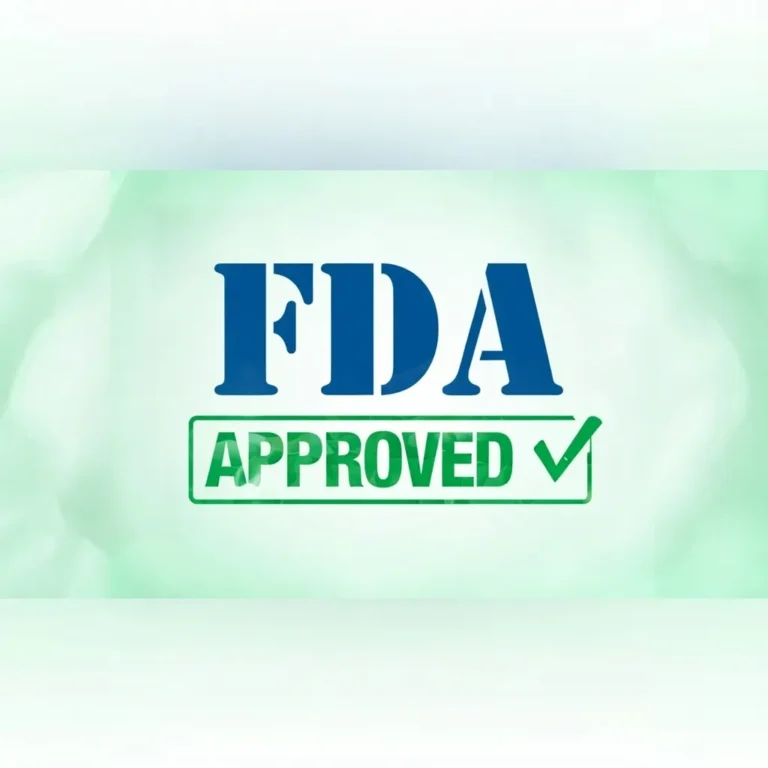
Bristol Myers Squibb (NYSE: BMY) has announced that the U.S. Food and Drug Administration (FDA) has approved Opdivo® (nivolumab) for the treatment of adult patients with resectable non-small cell lung cancer (NSCLC) whose tumors are ≥4 cm or node-positive and lack known epidermal growth factor receptor (EGFR) mutations or anaplastic lymphoma kinase (ALK) rearrangements. This approval covers the use of Opdivo in combination with platinum-doublet chemotherapy as a neoadjuvant treatment, followed by single-agent Opdivo as an adjuvant therapy after surgery, a regimen known as perioperative therapy.
The FDA’s decision was based on results from the CheckMate-77T trial, which is Bristol Myers Squibb’s second positive Phase 3 trial using an immunotherapy-based combination to treat resectable NSCLC. Opdivo is now the only PD-1 inhibitor to show statistically significant and clinically meaningful benefits in this disease when used both as a neoadjuvant-only regimen and in a perioperative regimen compared to chemotherapy alone.
Dr. Tina Cascone, associate professor of Thoracic/Head and Neck Medical Oncology at The University of Texas MD Anderson Cancer Center, highlighted the importance of this advancement, stating, “Given the high rates of disease recurrence in patients with resectable NSCLC, there is a clear need for treatments that can be given before and after surgery to target micrometastasis and reduce the risk of cancer returning.” She added that the perioperative regimen of nivolumab and chemotherapy can improve event-free survival (EFS) and help achieve a pathological complete response (pCR) in approximately one in four patients.
The CheckMate-77T trial compared the efficacy of perioperative Opdivo with chemotherapy, followed by surgery and adjuvant Opdivo, to chemotherapy and placebo. Results showed that the Opdivo regimen significantly improved EFS, reducing the risk of disease recurrence, progression, or death by 42% compared to the control group. Additionally, 70% of patients in the Opdivo group achieved 18-month EFS, compared to 50% in the control group. The trial also demonstrated a higher pCR rate in the Opdivo arm (25%) compared to the control arm (4.7%).
However, Opdivo comes with important warnings and precautions, including the risk of severe and potentially fatal immune-mediated adverse reactions such as pneumonitis, colitis, hepatitis, endocrinopathies, and nephritis. It is not recommended for use in patients with multiple myeloma outside of controlled clinical trials when combined with a thalidomide analogue and dexamethasone.
Wendy Short Bartie, senior vice president of U.S. Oncology and Hematology at Bristol Myers Squibb, emphasized the significance of this approval in expanding the role of Opdivo-based treatments for early-stage NSCLC. The approval builds on the previous FDA approval of Opdivo in the neoadjuvant setting based on the CheckMate-816 trial.
The recommended dose for Opdivo in this indication is 360 mg with platinum-doublet chemotherapy every three weeks for up to four cycles, followed by 480 mg of Opdivo every four weeks for up to a year post-surgery or until disease recurrence or unacceptable toxicity. Opdivo and Opdivo-based therapies are now FDA-approved in the perioperative, adjuvant, or neoadjuvant settings across four cancers: lung cancer, melanoma, bladder cancer, and esophageal/gastroesophageal junction cancer.





